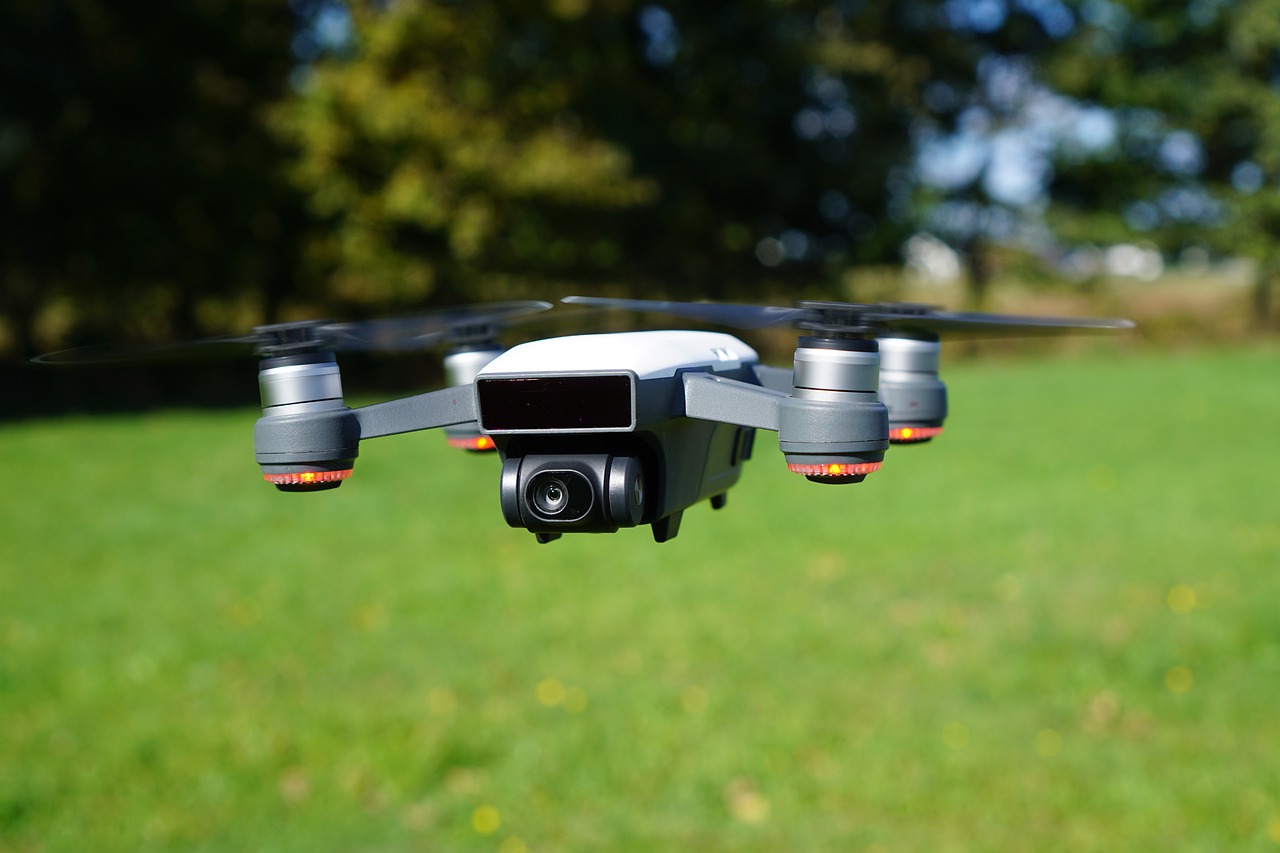The Impact of AI on Digital Health
AI in healthcare is revolutionizing the way medical professionals diagnose and treat various conditions. By analyzing vast amounts of data at incredible speeds, AI systems can assist doctors in making more accurate and timely diagnoses. This leads to a higher likelihood of successful treatment outcomes and improved patient care.
Moreover, AI technologies can help streamline administrative tasks in healthcare facilities, allowing medical staff to focus more on direct patient care. From automating appointment scheduling to optimizing resource allocation, AI contributes to increased efficiency and cost-effectiveness within healthcare organizations. By reducing administrative burdens, AI enables healthcare providers to allocate more time and resources to patient care, ultimately enhancing the overall quality of healthcare services.
Challenges of Implementing AI in Digital Health
The integration of AI in the realm of digital health brings about a set of hurdles that need to be addressed. One major challenge is the complexity of healthcare data, which often exists in various formats and lacks standardization. This makes it difficult for AI algorithms to accurately analyze and interpret the data for meaningful insights. Furthermore, ensuring the privacy and security of patient information while utilizing AI in healthcare is crucial but poses a significant challenge due to the sensitive nature of medical data.
Another obstacle in implementing AI in digital health is the need for regulatory compliance. Healthcare regulations are stringent and vary across regions, making it challenging for healthcare organizations to navigate the legal landscape when deploying AI technologies. Ensuring that AI systems adhere to these regulations, such as HIPAA in the United States, adds another layer of complexity to the integration process. Moreover, healthcare professionals may also face resistance or skepticism towards adopting AI-driven solutions, requiring extensive education and training to gain their trust and acceptance.
AI Applications in Disease Diagnosis
Artificial Intelligence (AI) has revolutionized disease diagnosis in the field of healthcare. By utilizing complex algorithms and machine learning techniques, AI systems can quickly and accurately analyze medical data to assist healthcare professionals in diagnosing various diseases. These AI applications can process vast amounts of information from patient medical records, lab results, imaging scans, and other sources to identify patterns and markers that may indicate the presence of a particular disease.
Moreover, AI in disease diagnosis can help in early detection and prediction of diseases, enabling timely interventions and personalized treatment plans. Machine learning algorithms can continuously learn and improve their diagnostic capabilities by analyzing new data and incorporating the latest medical research findings. This not only enhances the accuracy of disease diagnosis but also has the potential to significantly improve patient outcomes and quality of care in the healthcare industry.
How can AI benefit healthcare in disease diagnosis?
AI can analyze large amounts of medical data quickly and accurately, leading to faster and more precise disease diagnosis.
What are some challenges in implementing AI in digital health?
Challenges include data privacy concerns, regulatory compliance issues, and the need for healthcare professionals to adapt to new technologies.
What are some examples of AI applications in disease diagnosis?
AI can be used in detecting early signs of diseases like cancer, predicting patient outcomes, and personalizing treatment plans based on individual patient data.





